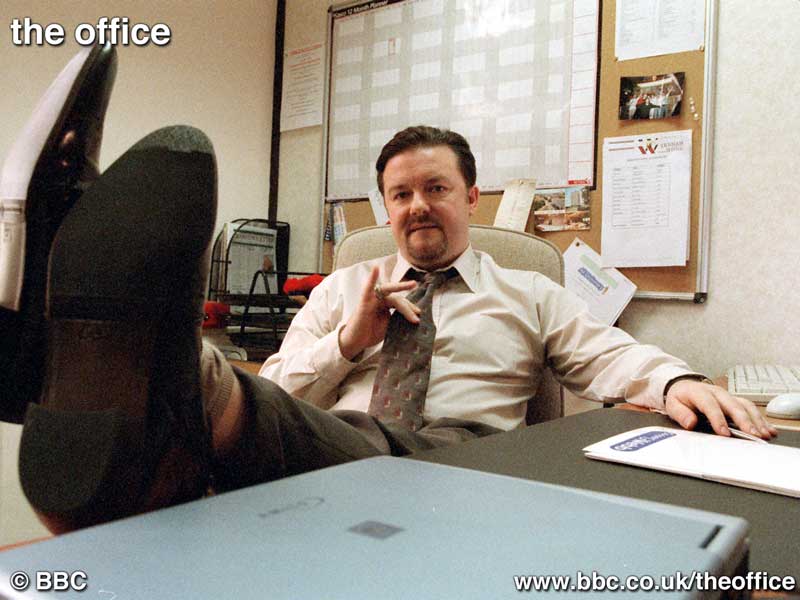Recruitment… it’s easy, right? Recruiters put up a job ad and their inbox rapidly fills with brilliant CVs relevant for their job? Erm, actually, unfortunately for us, this definitely isn’t how it works in digital marketing.
At nuclei, the majority of CVs we receive through advertising are not suitable. Many resumes are completely irrelevant (seriously, we once had someone apply for a Senior Digital Marketing role, whose experience was in chicken boning). What we and most hiring managers have to do is go through numerous CVs in order to find someone with the right skills for the roles we currently have, and the types of roles we may be getting in the near future.
My first key piece of advice, when job hunting, is to only apply to jobs that suit your skills.
If you have 2 years’ experience in SEO, then apply for that SEO role, even if it seems like it might be a little senior, but if you have 2 years’ experience in bar work, that senior SEO role will not suit your current skills, no matter how much you’d like it too. If you are looking for an entry point into digital marketing, highlight the skills you do have, whether it’s 6 months’ experience in a digital role, or a degree in online media, or simply a personal passion with a great blog/ website to prove it.
Now, to the details:
Writing a resume is not an easy task, so how do you go about presenting your skills and experience in the best way for an employer? How do you cover 10 years’ experience on a few sheets of paper? How do you show you are the right person for this job? Whether you’ve got ten years’ experience or no experience, here are a few basic tips:
1. Keep it simple.
Hiring managers do not have time to read 7 pages of a resume, they will skim read. If you have your degree and education details on the front page, and a long description of a role, chances are, they aren’t going to read it all. Have a neat layout, use bullet points, not chunks of text, and keep dates aligned. If you’d like to see a template of what we use, please ask.
2. Use the job advertisement
So, you’ve decided to apply for a job that suits your skills exactly… does it show in your resume? Pick out the key words from the job ad and make sure they feature in your CV. If they don’t, are you showcasing the right skills? Probably not.
3. Don’t waffle
When writing your first ever CV, fresh out of school/ university, your key skills might well have been ‘real team player’ and ‘great listening skills and excellent customer service experience’ however, if you have been working in the media industry for the past few years, these aren’t the key skills employers are looking for, they are just a little bit of waffle. An employer can tell if you worked in a team from role descriptions.
When talking about your skills, keep it to the point and maybe focused on technical aspects, for example:
- Microsoft Excel: Pivot Tables, V-look-ups, Formulas
- Google Analytics
- Google Adwords
- HTML, CSS
4. Know what matters
So, when you were at university you worked part time in a bar? That was in 2003, right? Not so relevant. Only keep on jobs that matter, if you want to make sure you don’t have gaps in your CV then put in job title and dates, but unless you’re applying to be a bar manager, you don’t need details about pint pulling and cash handling.
5. References – take them off
We don’t need your referees yet, actually, if we need them, we will ask, so you can prepare them on the role you are interviewing for. You don’t need to give peoples details out on your CV. Protect them.
6. Check your spelling
We get a lot of CVs which spell words like ‘optimisation’ with a Z. This is wrong in Australia, and some of our clients can be quite picky about this kind of mistake, so make sure you consider this when writing your CV. Spelling mistakes when a job requires ‘attention to detail’ don’t quite work.
Everyone makes mistakes and no CV is perfect, but it is all someone sees of you before they decide to call or meet you, so try and make it represent all your best qualities. There’s no right way to write a CV, and every recruitment agency will have their own suggestions, but these are some tips that have worked for us.
For any other tips feel free to get in touch with the nuclei team.
Image source: BBC





No comments yet.